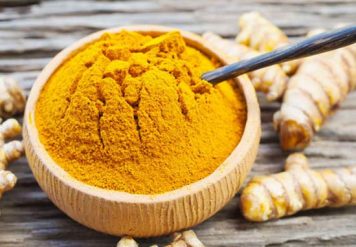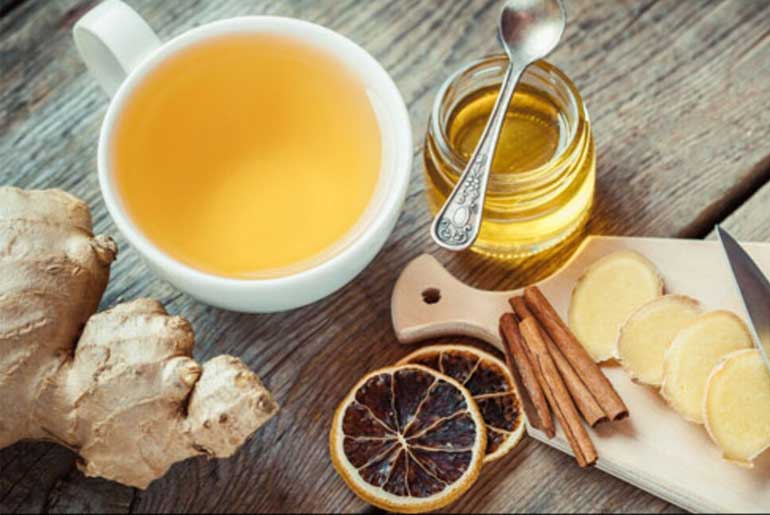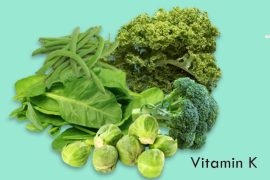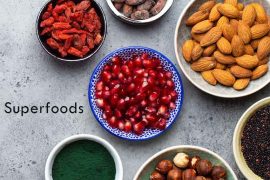Turmeric, known for its active compound curcumin, possesses strong anti-inflammatory properties that may contribute to reducing allergy symptoms. The anti-inflammatory effects of curcumin make turmeric a potential natural remedy for alleviating inflammation associated with allergic reactions. Incorporating turmeric into the diet, whether through cooking or in the form of supplements, is suggested as a way to benefit from its anti-inflammatory properties. However, it’s important to note that individual responses to dietary interventions can vary, and consulting with healthcare professionals is advisable, especially for those with existing health conditions or concerns. While turmeric is a widely recognized spice with potential health benefits, its role in managing winter allergies should be considered alongside other evidence-based approaches for a comprehensive approach to health and well-being.
3. Citrus fruits:

Citrus fruits, such as oranges and lemons, are highlighted for their richness in Vitamin C, a nutrient known for its immune-boosting properties. These fruits are recognized for their potential to strengthen the immune system, which can play a role in combating allergic reactions. Vitamin C acts as an antioxidant and is involved in various immune functions, contributing to overall health and resilience against infections and allergens. Including citrus fruits in the diet is often recommended to support immune health, especially during seasons when winter allergies may be prevalent. However, it’s important to note that while Vitamin C is beneficial for the immune system, individual responses to dietary components can vary, and a well-balanced diet with a variety of nutrients is essential for overall health. Consultation with healthcare professionals or nutritionists can provide personalized advice based on individual health conditions and dietary needs.
4. Local honey:
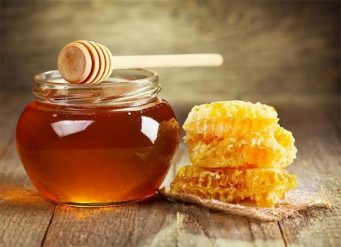
Local honey is often touted for its potential benefits in supporting the immune system and helping the body adapt to allergens in the environment. The concept is based on the idea of immunotherapy, where exposure to small amounts of allergens helps the body develop tolerance over time. By consuming local honey, which may contain trace amounts of local pollen, individuals might expose themselves to allergens in a controlled way.
While some people believe that this can help reduce allergy symptoms, it’s essential to note that scientific evidence supporting the efficacy of local honey for allergy relief is limited. Winter allergies are complex, and individual responses can vary. Additionally, the amount of pollen in honey is usually insufficient to provide significant immunotherapy benefits.
5. Quercetin-Rich Foods:
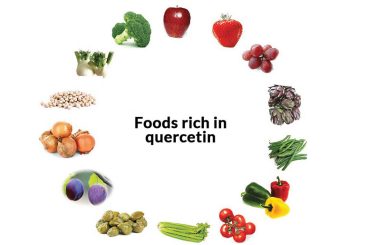
Quercetin, a natural plant pigment found in certain foods, is highlighted for its potential health benefits, particularly its role as an antihistamine and anti-inflammatory agent. Foods rich in quercetin include apples, onions, and berries. The compound is believed to have properties that can help alleviate allergy symptoms by inhibiting the release of histamines and reducing inflammation in the body. Incorporating quercetin-rich foods into the diet may be considered as a dietary strategy to support individuals dealing with winter allergies. However, it’s important to note that while some studies suggest potential benefits, more research is needed to fully understand the extent of quercetin’s impact on winter allergies. As with any dietary changes, individuals are encouraged to consult with healthcare professionals for personalized advice, especially if they have existing health conditions or concerns.
5. Leafy greens:
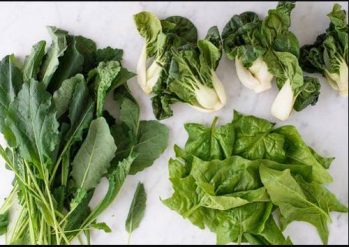
Dark, leafy greens such as kale and spinach are recognized for their nutritional richness, containing vitamins and antioxidants that contribute to overall immune function. These greens are excellent sources of essential nutrients, including vitamins A, C, and K, as well as folate, iron, and fiber. The combination of vitamins and antioxidants in leafy greens is believed to support the immune system, providing the body with the necessary components for optimal functioning. Including a variety of leafy greens in the diet is often recommended for overall health and well-being, including immune support. However, as individual nutritional needs can vary, consulting with healthcare professionals or registered dietitians is advisable to ensure a balanced and personalized approach to nutrition.
6. Garlic and ginger:
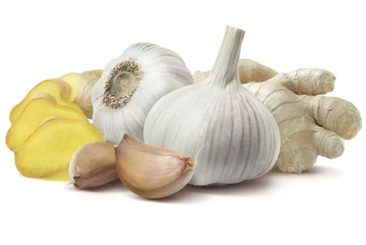
Garlic and ginger are renowned for their culinary uses as well as their potential health benefits, including anti-inflammatory and immune-modulating properties. Both spices contain bioactive compounds that have been studied for their potential to reduce inflammation and modulate immune responses. Allicin in garlic and gingerol in ginger are some of the bioactive compounds attributed to these properties. While more research is needed to fully understand the extent of their impact on winter allergies, incorporating garlic and ginger into the diet may be considered as part of a holistic approach to support immune health.

